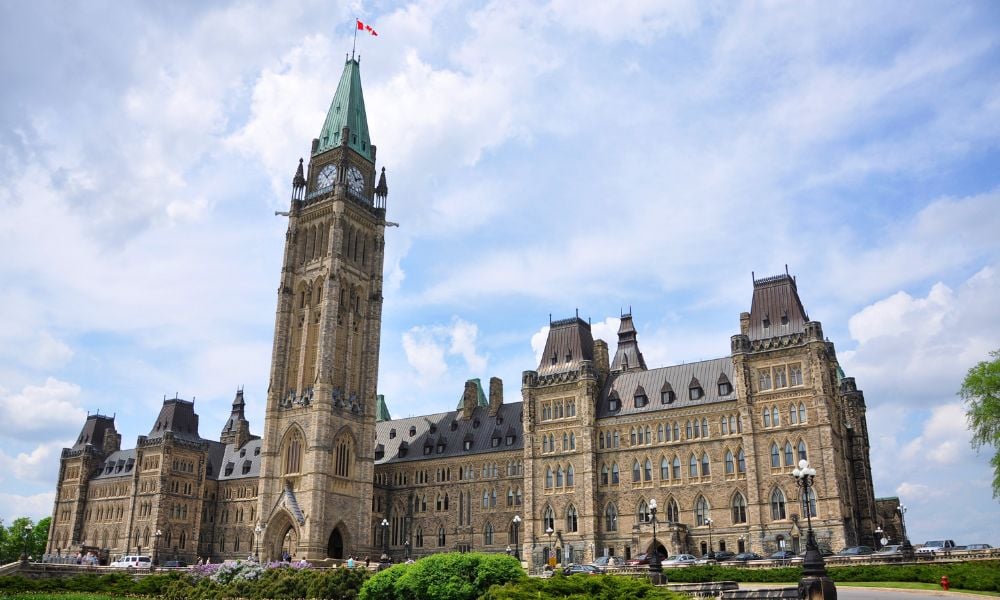'Investment certainty has declined under this government,' says portfolio manager at CI Global Asset Management

When asked about the broad implications Prime Minister Justin Trudeau’s resignation brings for the asset management community, Kevin McSweeney offers a “very constructive and slightly contrarian” outlook, supported by low market expectations and visible catalysts for improvement.
The senior vice president and portfolio manager, and lead of Canadian Equities at CI Global Asset Management, believes this political shift could mark a positive turning point for the investment landscape in Canada. He also suggests Trudeau’s resignation gives the Liberals a slightly better chance of holding the Conservatives to a minority government.
"Trudeau had become a bit of a lightning rod for people who wanted to dismiss Canada as a place that isn't a great investment destination," he says. “We have real problems, and I think we're about to improve those with a Conservative government.” Some of these problems consist of Canada’s investment reputation, Trudeau’s carbon tax and tax rate on investors.
McSweeney believes Canadians could get a Conservative majority government before the summer. At that point, he suggests there’s an 80 per cent chance of improved international reputation amongst the investment, economic and corporate communities where “Canada is a destination you could believe in, with some real returns and policy changes that allow for better productivity growth, better economic growth, and a better climate or backdrop for investments,” he says.
As a result, this might create opportunities for investors to re-engage with Canadian equities, which he says could end up “getting a lift,” attributing this to improved investment branding and reduced concerns about regulatory hurdles.
He also predicts that Trudeau’s resignation may pave the way for policies aimed at boosting productivity and economic growth. “Investment certainty has declined under this government,” he says, pointing to the Trudeau administration’s regulatory hurdles. CEOs, reluctant to propose new projects under stringent approval processes, may find renewed confidence in a Conservative-led government. He highlights pipelines being a clear beneficiary, citing the Canadian Energy Regulator’s more onerous framework under Trudeau.
Sectors such as energy, industrials, and utilities stand to gain from a shift in policy direction, particularly if the Conservatives roll back recent measures like the buyback tax or capital gains inclusion hikes. McSweeney notes that while companies are not investing because they’re not confident that they’ll get approval, a more predictable regulatory environment could help reverse this trend.
“International investors might be more interested in Canadian stocks and Canadian investors might be more interested in Canadian stocks. The economy might grow a little bit because of that higher investment,” says McSweeney.
However, not all sectors may fare as well. McSweeney acknowledged technology companies and utility investments reliant on the carbon tax could be pushed aside, as a Conservative government may roll back some of the environmental policies implemented under Trudeau’s government.
“Some utility investments may see profitability challenges if the regulatory burden pushing people towards green energy is lessened,” he says, while remarking that the increase to tax rates on investors has also been “very unhelpful.”
“In a major economy that’s falling so far behind on productivity, because of that absence of investment and reversing that a little bit or even knowing that it's not going to get worse, is going to be really helpful for the broader Canadian markets and economy,” notes McSweeney.
As to the extent a prorogued Parliament will have on markets, he says it’ll be business as usual.
“It's a three-month period. Investors can and should be focused on what’s visible and what's visible here is, we have a functioning democracy,” he adds. “There's just a question of timing as to when policy changes get implemented. Frankly, prorogation has an infinitesimal impact on my view of the Canadian markets.”
Ultimately, McSweeney advises institutional investors to prepare for various scenarios, particularly one with a potential Conservative victory. “Most institutional investors should be positioning for that probability,” he notes, while highlighting that regulated industries like pipelines, banks, and airlines could see improved market sentiment under a government focused on lighter regulation and lower taxation.
“You’d have a prime minister, likely from Alberta, who would be focused on helping energy to get those Western Canadian differentials down with better egress,” McSweeney adds.



